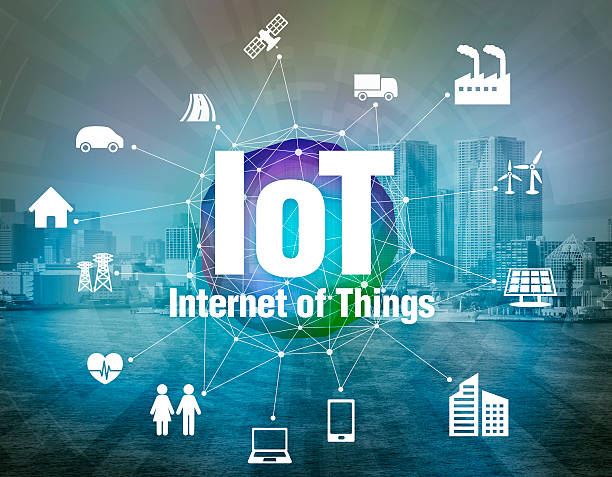The fourth industrial revolution, commonly known as Industry 4.0, is characterized by the integration of advanced technologies such as Artificial Intelligence, Robotics, Big Data, and the Internet of Things (IoT) into manufacturing processes.
IoT, in particular, has a vital role in Industry 4.0 as it facilitates the collection and analysis of data from connected devices and equipment, enabling manufacturers to make informed decisions based on real-time insights.
One of the significant benefits of IoT in Industry 4.0 is the ability to create a more efficient and interconnected manufacturing process.
By connecting devices and equipment, manufacturers can gather data on machine performance, maintenance needs, and energy usage, allowing them to optimize processes and reduce costs.
This, in turn, leads to improved productivity, increased output, and a more sustainable manufacturing process.
IoT also enables the creation of smart factories, where machines, devices, and equipment can communicate with each other to optimize production processes. This allows for a more flexible and agile manufacturing process, where changes can be made quickly based on real-time data.
For example, if a machine is not performing optimally, IoT sensors can detect the issue and send an alert to maintenance teams, who can quickly address the problem before it affects production.
In addition to improving operational efficiency, IoT in Industry 4.0 also enables new business models and revenue streams.
For example, manufacturers can offer value-added services such as predictive maintenance, where sensors collect data on machine performance and predict when maintenance is required, allowing manufacturers to offer proactive maintenance services to customers.
Furthermore, IoT in Industry 4.0 facilitates the creation of new products and services, such as smart products that can collect and analyze data on usage patterns and user preferences.
This data can be used to improve product design, create personalized experiences for customers, and drive new revenue streams.
In conclusion, IoT has a crucial role in Industry 4.0, facilitating the creation of smart factories, optimizing manufacturing processes, enabling new business models, and driving innovation.
As manufacturers continue to adopt IoT, they will be better equipped to compete in the rapidly changing global market, improve operational efficiency, and drive business growth.

